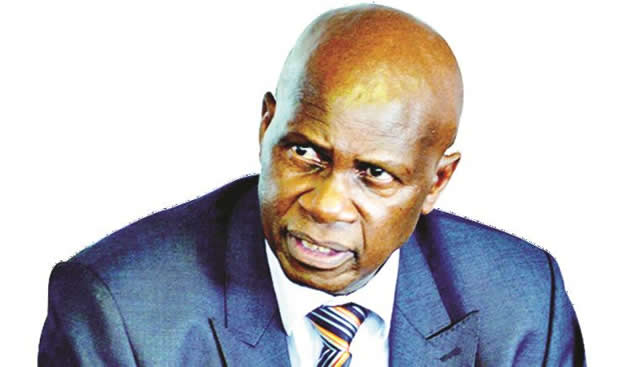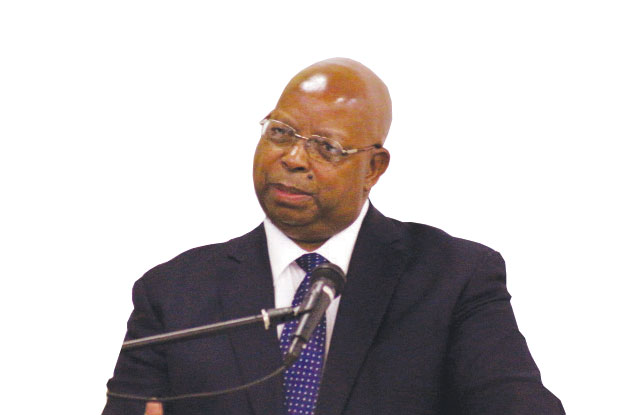Indigenisation laws to apply to diamonds, platinum mining

Pamela Shumba, Senior Reporter
THE 51/49 percent shareholding requirement under the Indigenisation and Economic Empowerment Act would now be applied on investments to extract two precious minerals – diamonds and platinum.
Finance and Economic Development Minister Patrick Chinamasa said this yesterday while presenting the 2018 National Budget Statement.
He said reviewed indigenisation regulations have proposed amendments that include confining the 51/49 percent indigenisation threshold to diamonds and platinum only.
“Government is, through the Finance Bill being submitted to this august house for the 2018 financial year, amending the Indigenisation and Empowerment Act, to bring a number of changes into effect from April 2018.
“In the extractive sector, diamonds and platinum are the only sub-sectors designated as ‘extractive.’ Accordingly, the proposed Amendments will confine the 51/49 indigenisation threshold to only the two minerals, namely diamonds and platinum, in the extractive sector,” said Minister Chinamasa.
He said the 51/49 percent threshold will not apply to the rest of the extractive sector, nor will it apply to the other sectors of the economy, which will be open to any investor regardless of nationality.
“The reserved sector is only for Zimbabwean citizens. For non-Zimbabweans, entry into the reserved sector will only be by special dispensation granted by Government, if the proposed business creates employment and affords the opportunity for the transfers of skills and technology for the benefit of the people of Zimbabwe.
“The business should also promote the creation of sustainable value chains and meet the prescribed socially and economically desirable objectives,” said Minister Chinamasa.
He said the measures were meant to assist the country to attract both local and foreign investments adding that existing and potential investors would be fully guided by the amendments, which would be effected through the Finance Bill that is being brought to Parliament.
“Those already in the reserved sector, except gold panning, will be required to register and comply with the country’s laws,” said Minister Chinamasa.
He said these measures need to be complemented by the ease of doing business reforms that Government is also pursuing.
“Zimbabwe’s ranking with regards to the Ease of Doing Business remains unacceptably poor, with its ranking only moving from 161 out of 190 countries in 2016 to 159 in 2017.
“Government is, therefore, seized with the need to implement a much broader array of Ease of Doing Business Reforms. Hence, the thrust of Government will be to make Ease of Doing Business Reforms more practical and administratively accessible for actual day to day transaction processes to the ordinary Zimbabwean and foreigner intending to undertake business or investment,” said Minister Chinamasa.
He said a number of Bills that seek to address some of the Ease of Doing Business concerns that were before Parliament, will therefore, be fast tracked.
These include the Insolvency Bill, Estate Administrators’ Bill, Deeds Amendment Bill, Public Procurement and Disposal of Assets Bill, Shop Licensing Amendment Bill and Public Sector Governance Bill. — -@pamelashumba1












Comments